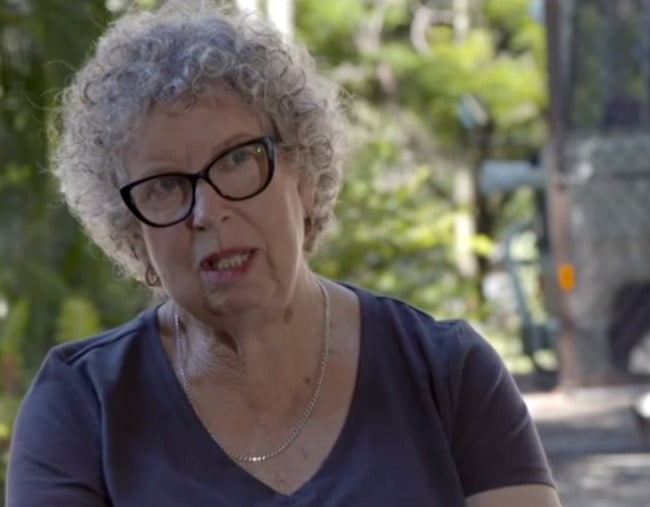My marriage ended in 2010. After 43 years of marriage, my “settlement” totalled $8000.
I had no car, limited savings (and not enough to buy a car), but was offered house sitting for several years. Unable to find work – I was “too old” and “overqualified” I did further study (to keep my brain active), and kept house sitting – moving from place to place.
Eventually, sick of living out of suitcases, I rented a unit, where the rent kept increasing at a rate that my pension didn’t. Unable to cope with paying rent of some 70 per cent of my pension, I decided to move out and live in some form of “tiny house” – an old battered friendly Toyota Coaster.
I am new to this – but finding that I am not alone as there are many single women living “on the road” in a variety of vehicles. I chose an old Toyota Coaster – which has given me no trouble in the 3000 kms that I have driven in the last two weeks. So far. It has been a learning experience!


Top Comments
I watched the program last night with much interest. The women are incredible spirits and even though I felt horrible about the plights of many of them, what shocked me the most was the total lack of planning or forethought of many of them about their futures. I'm 51 & a single mother & there isn't a day when I'm not on the ball saving & planning. I'm probably too careful sometimes but I would be devastated to be in a destitute position. I've always been this way. Always thinking ahead. I hope a lot of young women watched the program & are giving careful thought about how to always take care of themselves without the help of anyone else. I wish the women on the program the very best & I hope they find some security. This is not meant to belittle them but to point out how important it is for women to not be complacent about their futures. Set yourself up while you are young as it's much harder the older you get to catch up
There should be more rent controlled housing for pensioners.